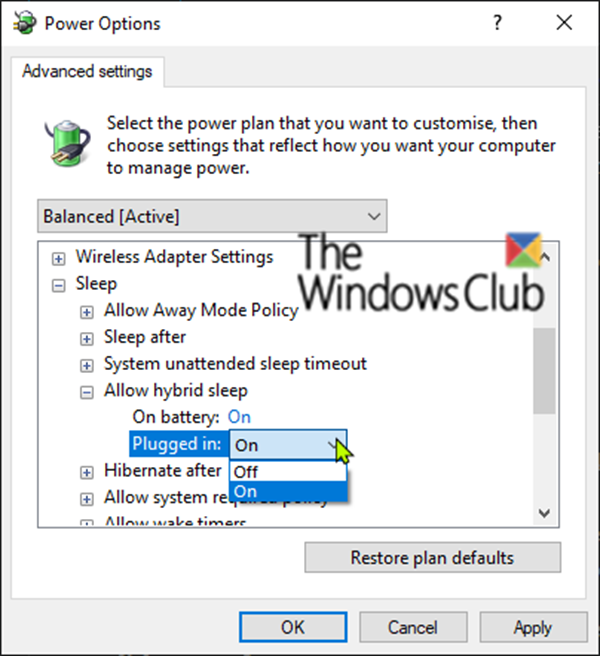Depending on the VM you’re trying to open, when you encounter this issue, you’ll receive the following full error message; You may encounter this issue due to one or more of the following reasons; Binary translation is incompatible with long mode on this platform. Long mode will be disabled in this virtual environment. Applications requiring long mode will not function properly as a result. See http://vmware.com/info?id=152 for more details.
Virtualization Technology is disabled from the BIOS settings.Sleep cycle triggers the error.The host PC doesn’t support VT-X.Integrated Intel Graphics drivers are out of date.Host machine doesn’t support 3D Graphics acceleration.3rd party antivirus is disabling VT-X.
Binary translation is incompatible with long mode on this platform
If the VMware Workstation error Binary translation is incompatible with long mode on this platform has occurred on your Windows 11/10 host machine, you can try our recommended solutions below in no particular order and see if that helps to resolve the issue. Let’s take a look at the description of the process involved concerning each of the listed solutions. Before you try the solutions below, check for updates and install any available bits on your Windows 11/10 device and see if the error reappears when you launch the virtual machine.
1] Enable Intel Virtualization Technology (VT)
You can begin troubleshooting the VMware Workstation error Binary translation is incompatible with long mode on this platform has occurred on your Windows 11/10 host machine by checking if the host computer supports hardware virtualization and supports Intel VT-X or AMD-V – if so, then you can enable Hardware Virtualization and make sure virtualization support is not disabled in the firmware for the host computer. If you tick all the boxes here, but the issue is unresolved, try the next solution.
2] Update Intel Integrated Graphics drivers
This solution requires you to use the Intel Driver & Support Assistant to update Intel Integrated graphics drivers on the host machine and see if that helps resolve the issue in hand.
3] Disable Accelerate 3D graphics option
This solution requires you to disable Accelerate 3D graphics option – but keep in mind that there will be some performance hits when the host machine needs to virtualize some graphics demanding tasks. To disable the Accelerate 3D graphics option from VMware Workstation, do the following:
Power off the problematic virtual machine.Next, right-click the virtual machine and click Settings.Now, click the Hardware tab.Click on Display.In the Display menu, under 3D graphics section, uncheck the Accelerate 3D graphics option.Start the virtual machine again.
If the issue persists, try the next solution.
4] Uninstall third-party security software (if applicable)
Investigations revealed that most affected PC users had Avast, McAfee or other 3rd-party security software installed and running on their system were experiencing this issue because these AV software suite was disabling the VT-X feature. In this case, to resolve the issue, you’ll have to remove any third-party antivirus programs from your PC using the dedicated AV removal tool to remove all files associated with your antivirus program. Once done, restart your PC and enable VT-X again on your host machine. The setup will work just fine with the Windows 11/10 native AV program – Windows Defender.
5] Disable Hybrid Sleep
Since you may encounter the error in view when the Windows 11/10 host machine goes into sleep mode, you can run the Power Troubleshooter to fix any power misconfigurations that might be triggering this error. Also, you can modify/change your Power Plan and as well disable Hybrid Sleep and see if that helps. To disable Hybrid Sleep on Windows 11/10, do the following:
Press Windows key + R. to invoke the Run dialog.In the Run dialog box, type control and hit Enter to open Control Panel.Click on Hardware and Sound.Select Power Options.Depending on your PC current power plan, click on Change plan settings.Choose Change advanced power settings.Now, click the + sign against Sleep, to expand the section.Click on Allow hybrid sleep and then set it to Off for both On battery and Plugged in option.Next, go to Hibernate after and then set it to Never for both On battery and Plugged in option.Click Apply > OK.Exit Control Panel.
Related post: VMware Workstation cannot enter Unity mode
How do I fix the VMware Workstation error if your host does not meet the minimum requirements.
To resolve the VMware Workstation error your host does not meet minimum requirements issue, do one of the following:
Check that your system meets the minimum hardware requirements for running VMware Workstation.Upgrade host hardware and software to meet minimum requirements.Disable Hyper-V in the Windows host, launch VMware Workstation, and power on VMs.When using VM, customize the configuration, and add more memory and storage to meet the requirement.Also, make sure to check the logs that can be found in the VMware Workstation directory for more technical details on the issue.
How do I fix VMware Workstation failed to start?
If you have encountered the VMware Workstation failed to start issue, to resolve the issue, do the following:
Try starting VMware Workstation in Safe Mode. Then disable a few features, and troubleshoot.Reboot the host machine and log in as a local administrator (not a domain administrator).Reinstall VMware Workstation and make sure all related software is updated.
